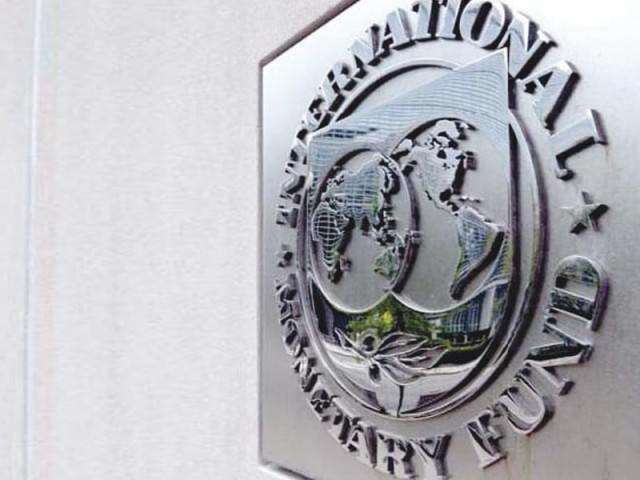Equity markets: For the market, IMF is more important than PM
Analysts favour one-party majority, but will settle for stable coalition.

Analysts say that far more important a factor than who leads the next administration is the near-certainty that the govt will have to go hat-in-hand to the IMF as soon as it is sworn into office. PHOTO: FILE
The least surprising theme is that most investors prefer a single party majority as the next government but are also cognisant that such a scenario is highly unlikely to emerge. Given that, they would much rather prefer a stable coalition to last the next five years.
Analysts at KASB Securities and Elixir Securities, two investment banks, both suggest that the most likely scenario is a coalition led by the Pakistan Muslim League Nawaz (PML-N), though both suggest that the rise of the Pakistan Tehrik-e-Insaf (PTI) does pose a significant threat to that lead.

So what exactly does this mean for investors? Analysts at both investment banks suggest that far more important a factor than who leads the next administration is the near-certainty that the government will have to go hat-in-hand to the International Monetary Fund as soon as it is sworn into office.
“Irrespective of the political landscape post elections, the common factor is the looming need to present Pakistan’s case to the IMF for a bailout package given the fast-dwindling nature of foreign exchange reserves and the precarious external account position,” said analyst at KASB, in a note issued to clients on Thursday.
That sentiment was echoed by Elixir, despite the fact that Azfer Naseem, the analyst who wrote the report at Elixir, took the unusual step of stating his preference for a PTI-led administration.
Naseem, however, did qualify his views, stating that while the PTI would be the “most positive” for the market, the party – in his view – either needs to win big or not win at all. A scenario where PTI takes between 50 to 80 seats in the National Assembly (enough to destroy the PML-N’s hopes of leading a coalition but not enough for PTI itself to dominate) is identified as disastrous from the perspective of equity investors.
Ultimately, however, factors like how the budget for next year is shaped, and how soon the country enters into another bailout programme with the IMF are likely to be far bigger factors than who leads the next coalition.
In such times, analysts recommend focusing on the energy sector, which is likely to see earnings shoot up as the IMF insists upon a resolution of the inter-corporate “circular debt” crisis that has financially crippled the energy sector. As subsidies on electricity get phased out, it is likely that the government’s ability to pay out the subsidies will be less of a factor on the financial health of energy companies. And any spending on infrastructure by the next government is likely to be good for cement manufacturers.
Published in The Express Tribune, May 12th, 2013.
Like Business on Facebook to stay informed and join in the conversation.



















COMMENTS
Comments are moderated and generally will be posted if they are on-topic and not abusive.
For more information, please see our Comments FAQ